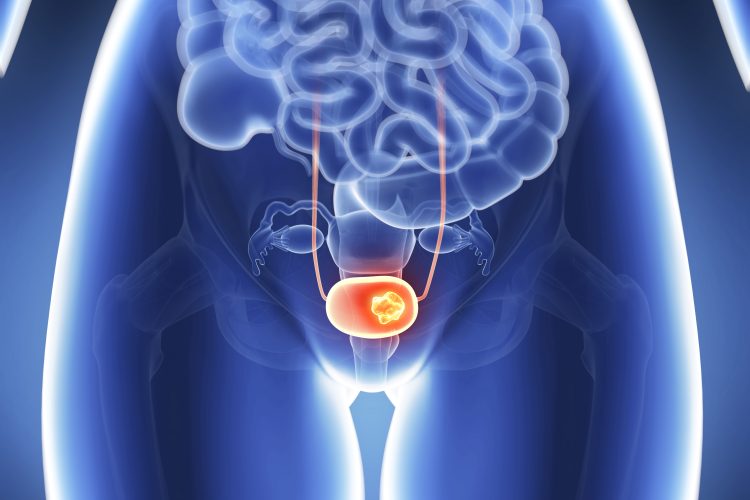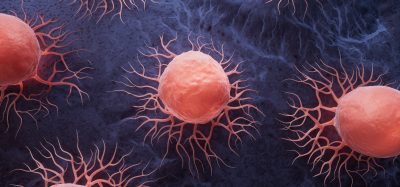Recurrent urinary tract infections: potential cause discovered
Posted: 5 March 2024 | Drug Target Review | No comments yet
Researchers find that an overgrowth of nerve cells in the bladder could cause rUTIs, which may offer new approaches to manage symptoms.


Duke University School of Medicine researchers have elucidated that an overgrowth of nerve cells in the bladder is a potential reason for recurrent urinary tract infections (rUTIs), which cause persistent pain, even after antibiotics have successfully cleared the bacteria. This finding offers a novel approach to managing symptoms and lessen unnecessary antibiotic usage.
According to senior author Dr Soman Abraham, professor in the departments of Pathology, Molecular Genetics and Microbiology, Integrative Immunobiology, and Cell Biology at Duke, UTIs account for almost 25 percent of infections in women. He noted: “Many are recurrent UTIs, with patients frequently complaining of chronic pelvic pain and urinary frequency, even after a round of antibiotics…Our study, for the first time, describes an underlying cause and identifies a potential new treatment strategy.”
The team collected bladder biopsies from rUTI patients who were experiencing pain despite no culturable bacteria in their urine. They compared these to biopsies collected from people without UTIs and found evidence that sensory nerves were highly activated in the UTI patients, explaining the persistent sense of pain and urinary frequency. Further studies in mice showed unique conditions in the bladder that trigger activated nerves in the lining to grow with each infection.
Biomarkers aren’t just supporting drug discovery – they’re driving it
FREE market report
From smarter trials to faster insights, this report unpacks the science, strategy and real-world impact behind the next generation of precision therapies.
What you’ll unlock:
- How biomarkers are guiding dose selection and early efficacy decisions in complex trials
- Why multi-omics, liquid biopsy and digital tools are redefining the discovery process
- What makes lab data regulatory-ready and why alignment matters from day one
Explore how biomarkers are shaping early drug development
Access the full report – it’s free!
Dr Byron Hayes, lead author of the study and previously a postdoctoral fellow in Duke’s Department of Pathology, explained: “Typically, during every bout of UTI, epithelial cells laden with bacteria are sloughed off, and significant destruction of nearby nerve tissue occurs…These events trigger a rapid repair program in the damaged bladder involving massive regrowth of destroyed nerve cells.”
This immune response, including repair activities, is led by mast cells, which release nerve growth factor, which drive overgrowth and increase sensitivity of nerves. The study mice were treated with molecules that suppress production of the mast-cell generated nerve growth factor to address pain and urinary frequency.
“This work helps illuminate a puzzling clinical condition that drives medical costs and affects the quality of life of millions of people, primarily women,” Dr Abraham concluded. “Understanding the crosstalk between mast cells and nerves is an essential step toward effective treatments for people suffering repeat urinary tract infections.”
This study was published in Science Immunology.
Related topics
Drug Targets, In Vitro, Therapeutics
Related conditions
Recurrent urinary tract infection (rUTI), Urinary tract infection (UTI)
Related organisations
Duke University School of Medicine








